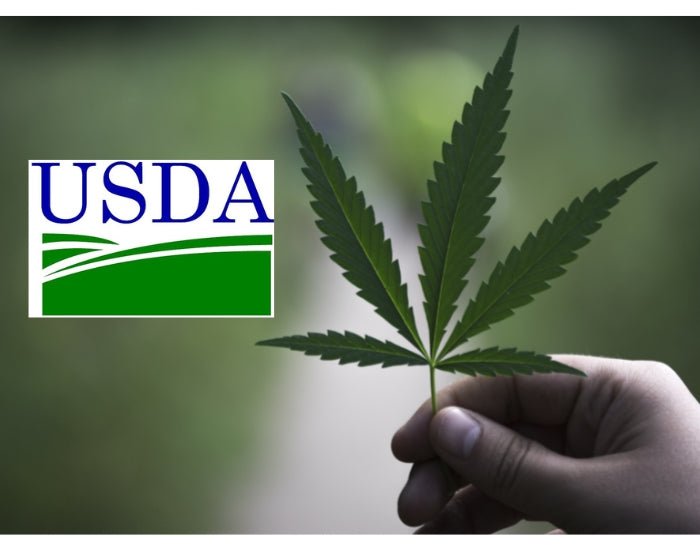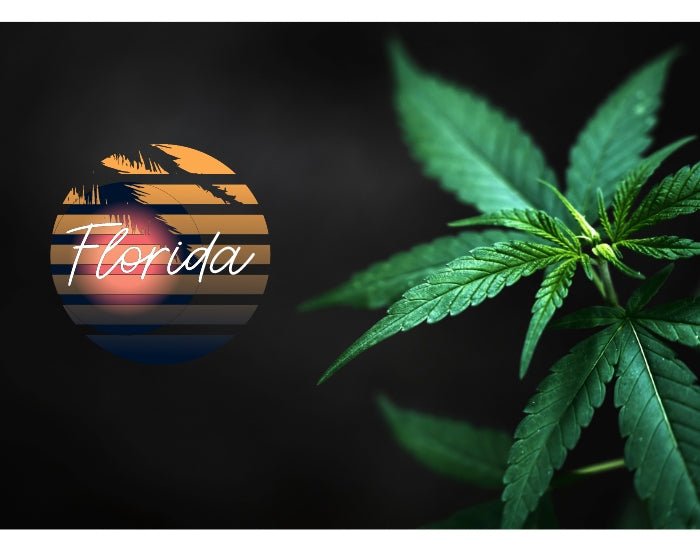With both chambers of Minnesota’s State House considering a new bill to legalize adult-use cannabis, the state’s Governor wants to double the proposed tax rate on marijuana sales.

Minnesota Governor Tim Walz (Jim Mone | AP)
Momentum for legalizing recreational marijuana in Minnesota continues to gain strength as legislation to make adult-use cannabis legal in the state has passed through six House committees and four Senate panels in recent weeks. With both chambers of the State House and the Governor’s mansion firmly in the control of the Democratic-Farmer-Labor Party, prospects for passing the landmark legalization measure are more encouraging than ever.
Leaders in both the House and Senate strongly support ending prohibition in Minnesota. Likewise, Governor Tim Walz (D) is also an ardent advocate for legalization. However, there is one issue where state lawmakers and the Governor differ in opinion - the proposed marijuana tax rate.
According to multiple media outlets, Governor Walz is calling for a rate almost double that proposed by sponsors of the House and Senate legalization bills. Their measures call for an 8% excise tax, while Walz’s biennial budget proposes a 15% mark. This divergence could significantly delay the passage of the legislation despite the broad support by lawmakers and the Governor’s office for ending prohibition.
Governor Walz says his tax rate proposal would sufficiently cover regulatory and grant costs without utilizing the state’s general fund. He also believes the higher rate is necessary to provide more tax revenue to fund substance misuse treatment programs which would help allay concerns by legalization opponents.
In a recent interview, he said, “I certainly am not trying to encourage people to use [cannabis]. I’m just simply making the case (that) prohibition didn’t work, get it off the streets. If we’re going to do this, let’s use that revenue to go back into programs. And I think for many people, especially those opposed to the idea of using general funds to make this work, (it) is not very palatable to them.”
"I certainly am not trying to encourage people to use [cannabis]. I’m just simply making the case (that) prohibition didn’t work, get it off the streets. If we’re going to do this, let’s use that revenue to go back into programs. And I think for many people, especially those opposed to the idea of using general funds to make this work, (it) is not very palatable to them.”
- MN Governor Tim Walz (D)
Rep. Zack Stephenson (D), the sponsor of the House bill, fears the higher rate would only drive consumers away from the legitimate, regulated market and back to the streets of the black market. Furthermore, Stephenson and his legislative counterpart in the Senate, Senator Lindsey Port (D), believe the tax rate needs to strike an appropriate balance.
They feel it should provide the necessary funds to cover administrative costs and critical programs, including those meant to promote social equity, while giving consumers an economic incentive to leave the illicit market in favor of a legal cannabis industry.
Stephenson also does not support using Minnesota’s legal marijuana industry to raise revenue for the state. In response to the Governor’s position, he said, “We should not legalize cannabis to raise revenue for the state of Minnesota. There are many reasons to do this. That is not one of them.”
"We should not legalize cannabis to raise revenue for the state of Minnesota. There are many reasons to do this. That is not one of them.”
- MN Rep. Zack Stephenson (D)
Then there is the issue of how the current measure may adversely affect many small to medium-sized businesses, particularly in Minnesota’s thriving hemp-based low-THC edibles and beverage industry. The current bill would put undue economic and existential hardships on many small business owners who helped lay the groundwork for Minnesota’s legalization effort.
Fortunately, there is still time to iron out the precise details of the bill before it reaches the House and Senate floors for a potentially historic vote. In the interim, the measure may undergo many transformations, including the appropriate tax rate necessary to meet the needs and expectations of all interested parties.
However, lawmakers and the Governor must get it done correctly before launching this new and lucrative industry. Cautionary tales like the ones currently playing out in states like California and New York, where the black market is more robust than before legalization, are just a couple of examples of how it could go if reasonable heads do not prevail. Minnesotans may want marijuana to be legal, but they also want it to be fair.








































